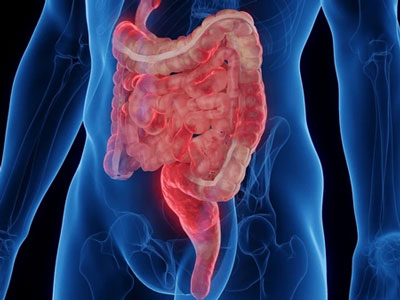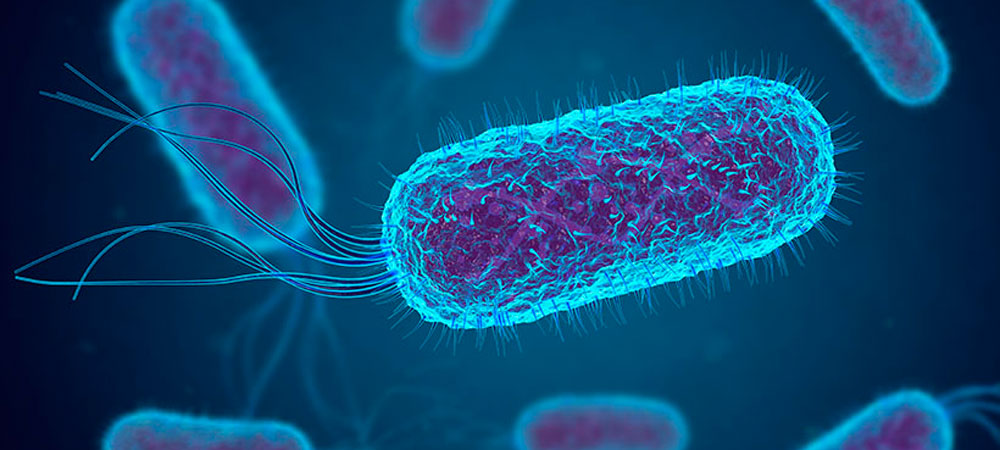Emerging Treatments for Inflammatory Bowel Disease (IBD)
Crohn’s disease and ulcerative colitis, collectively called Inflammatory Bowel Disease (IBD), are becoming a concern as the number of patients is in millions. This is a frequent pathology, usually treated by taking medications, besides changing the diet and sometimes altering one’s lifestyle. However, the treatment of IBD has changed significantly over recent years. Here in this blog, Dr Kiran Peddi, renowned as the Best doctor for IBD in Hyderabad, will help you understand some of the newest therapies that could be better for managing this condition and may even bring forth a possibility of a cure.

Biologic Therapies
New Generation Biologics has changed the landscape of IBD management, and that has taken a step up. The development of new biologics aimed at particular inflammatory processes is at different stages of clinical trials. For example:
S1P Receptor Modulators: These include ozanimod and etrasimod, which affect the translocation of lymphocytes to reduce inflammation and do not affect systemic immunosuppression much.
Small Molecule Therapies
These classifications are based on their size and mechanism, which differ from small molecules to biologics. These drugs can be taken orally and are designed to inhibit specific cellular pathways involved in inflammation:
- SHP-2 Inhibitors: These are under investigation to inhibit various signal transduction pathways pro-inflammatory and fibrogenic mediators in IBD.
- Phosphodiesterase-4 (PDE4) Inhibitors: Such drugs as apremilast seem to have the potential and are now considered most useful in patients with moderate to severe degrees of the disease.
Fecal Microbiota Transplantation (FMT)
The use of faecal microbiota transplantation (FMT) FMT is becoming the focus of discussions regarding its use in IBD therapy. As a result, researchers want to rebalance the gut flora by transplanting healthy gut microbiota from a donor to a patient. Initial research has demonstrated mixed findings; however, current investigations are still underway to determine efficiency and advantages in the long term.
Dietary Interventions and Nutritional Support Exclusive Enteral Nutrition (EEN) This involves feeding the children with Crohn’s disease a specially formulated polymeric diet since such a diet has been proven to help put children into remission. An IBD specialist in Hyderabad will guide you through your child's diet plan.
- Specific Carbohydrate Diet (SCD): Although this diet reduces some carbohydrates, it also tries to minimise the condition's impact. Further evidence about its effectiveness is as follows, as shown by the findings of other ongoing studies.
- Prebiotics and Probiotics: These particular supplements may improve the state of the gastric lining and bring down inflammation. Still, more investigation has to be conducted as to which strains are favourable to a patient suffering from IBD.

Innovative Delivery Systems
Novel drug delivery systems are being developed to improve the effectiveness of existing treatments:
- Nanoparticle Delivery: Some scientists are studying nanocarriers to target medication to specific regions, such as swollen tissues in the gastrointestinal tract, which should provide superior therapeutic effects with minimal side effects for the whole organism.
- Smart Pills: These new capsules can track a patient’s internal gut conditions and then administer drugs in instances of inflammation within the body, thus making them more effective.
As our understanding of IBD deepens, personalized medicine is becoming a reality. The landscape of IBD treatment is changing rapidly, with innovative therapies and approaches on the horizon. While traditional treatments remain vital, these emerging options hold promise for more effective and personalized management of IBD. You should inform yourself about such developments and consult your IBD specialist in Hyderabad for the appropriate therapy. With improvements in research and advancements in treatment, patients diagnosed with IBD can live a better life and even see remission of their disease.
FAQs
1. What are biological therapies used to develop new treatments for IBD, and how do they help?
Answer: The biological agents are drugs produced from living organisms and act on forms of immunology that are an inflammation boiler room. They function by preventing a cascade of events that triggers inflammation, thereby alleviating the manifestations and putting them into remission, for instance, Crohn’s disease or ulcerative colitis.
2. What are S1P receptor modulators, and what part do they play in managing IBD?
Answer: Ozanimod and etrasimod are S1P receptor modulators that affect the migration of lymphocytes – a category of White Blood Cells – to inflamed tissues. They fine-tune this process to suppress the inflammation without necessarily eliciting profound immunosuppression elsewhere in the body, making them suitable for use in patients suffering from IBD.
3. What is the distinction between small molecule therapies and biological therapies?
Answer: Small molecule therapies are often small molecules, chemically derived and typically offered as pills. They affect the particular destinations of inflammation, while biologics are a larger complex structure, which could usually be administered only by injection or infusion. They both follow anti-inflammatory objectives, but the means to achieving them vary.
4. What is Fetal microbiota transplantation (FMT), and how can IBD patients benefit from it?
Answer: FMT aims at introducing a new healthy microbiota into a patient with an ill-performing gut bacteria. There are inconclusive findings in the early published research; however, current research focuses on IBD and its effects regarding reduction of inflammation and achieving remission.
5. How dietary interventions supplement the medical management of IBD?
Answer: Measures or nutrition therapies, including Exclusive Enteral Nutrition, Specific Carbohydrate Diet, and prebiotics and probiotics, may manage the disease symptoms and induce remission. They can keep the wall of the gut healthy, decrease inflammation, and supply nutrients; they can be used together with medications for better effects in case of IBD.
Book Appointment



